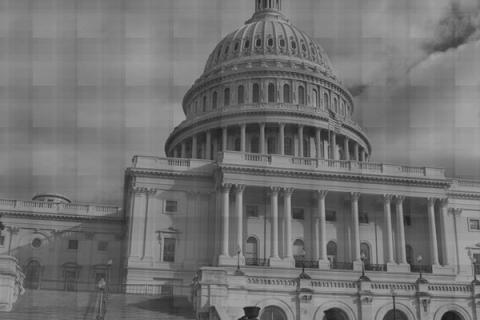A bipartisan proposal to reform federal milk subsidies drew support from a leading dairy farmers group on Monday after it was announced that participation in a component milk supply-control program would be optional. However, another large group, which represents the interests of milk processors as well as producers, remains opposed to the measure.
Ranking Democrat on the House Agriculture Committee, Rep. Collin Peterson, developed the plan to better protect dairy farmers from another crisis like the one suffered during the hard economic times of 2009 when feed costs increased sharply and milk prices fell. As a result, hundreds of dairy operations were shuttered.
Originally, Peterson wanted limits on how much milk farmers could produce when the price of milk minus the cost of milk production (a function of feed costs) sunk to a certain level. His new plan, introduced with co-author Mike Simpson (R-Idaho) last Friday, is a compromise for farmers who've voiced concerns about letting the federal government constrain their business. The right answer, they say, is less government intervention in dairy operations.
After several months of public comment, Peterson agreed to make the so-called “dairy market stabilization program” voluntary for producers. However, participation in the program will be mandatory for farmers hoping to qualify for federal insurance on their milk “crop”. The insurance program would require farmers to pay premiums that would allow them to collect more generous government payouts in lean times. If milk producers choose not to participate, they would get a much smaller subsidy.
The nonpartisan Congressional Budget Office says the measure will save the federal government $167 million over the next five years. That is, only if at least 60 percent of dairy farmers in the country sign up and agree to supply controls.
National Milk Producers Federation president Jerry Kozak called the bill “good policy as well as good politics.” The federation will be encouraging its members to lobby their congressional representatives to co-sponsor the bill, he says.
On the other side of the coin, the International Dairy Foods Association said it remains opposed to any form of supply management, but would support better risk management options, such as the above mentioned insurance program but without any strings attached.
“IDFA opposes milk pricing regulations that would increase the already significant regulatory burden on processors, put more pressure on declining milk sales, and increase costs for consumers, as well as many government nutrition and feeding programs that are already stretched to serve Americans who are struggling to feed their families,” reads a recent IDFA press release.
House Agriculture Committee Chairman Frank Lucas (R-Okla.) says he will not support a dairy reform package in advance of the 2012 Farm Bill unless all sides are in agreement. For this reason alone, the bill's prospects are uncertain.
The stakes are high, as the dairy industry is a $110 billion a year revenue generator for the U.S. economy. California remains the top dairy producing state.

